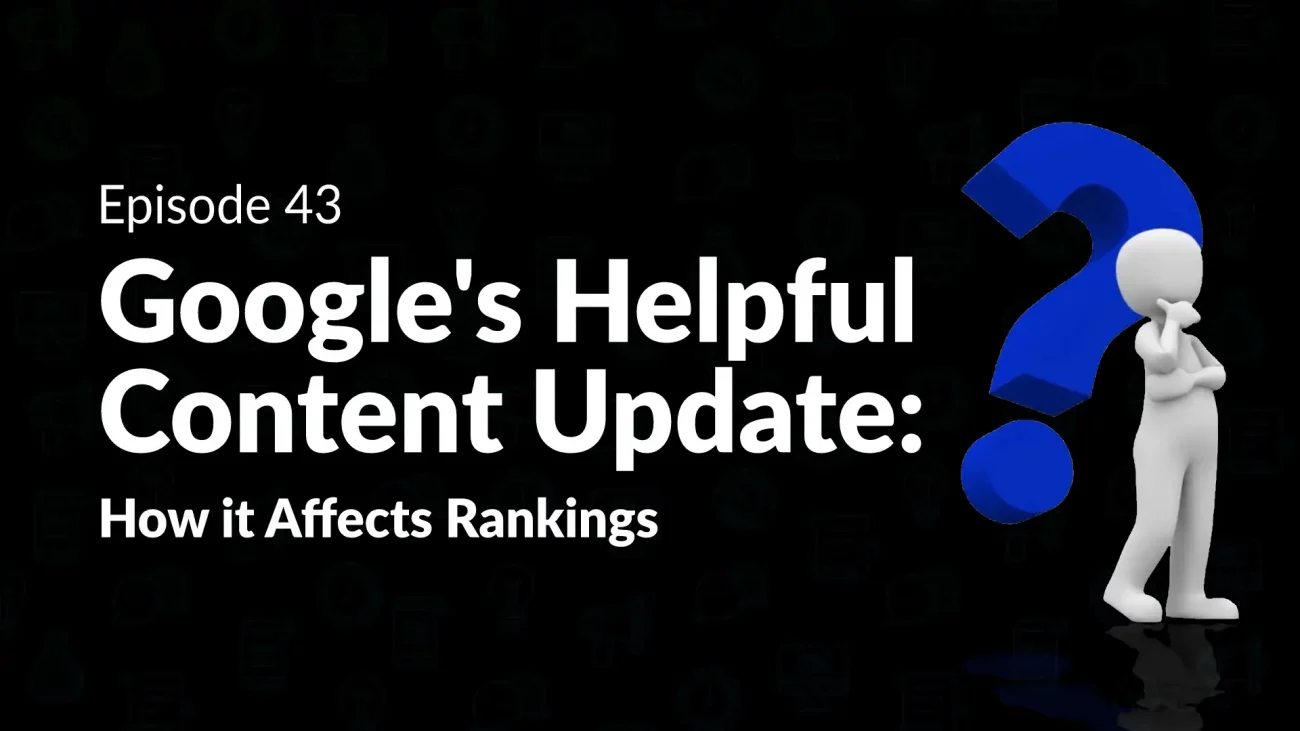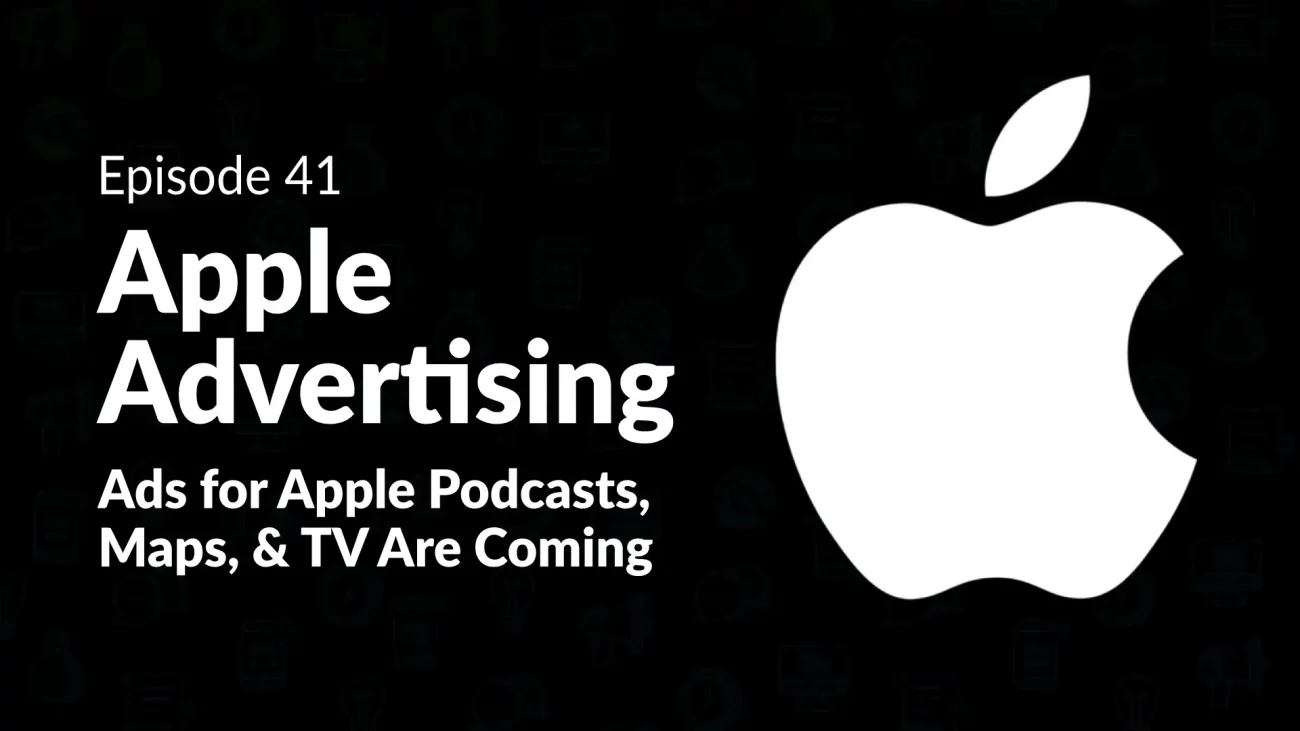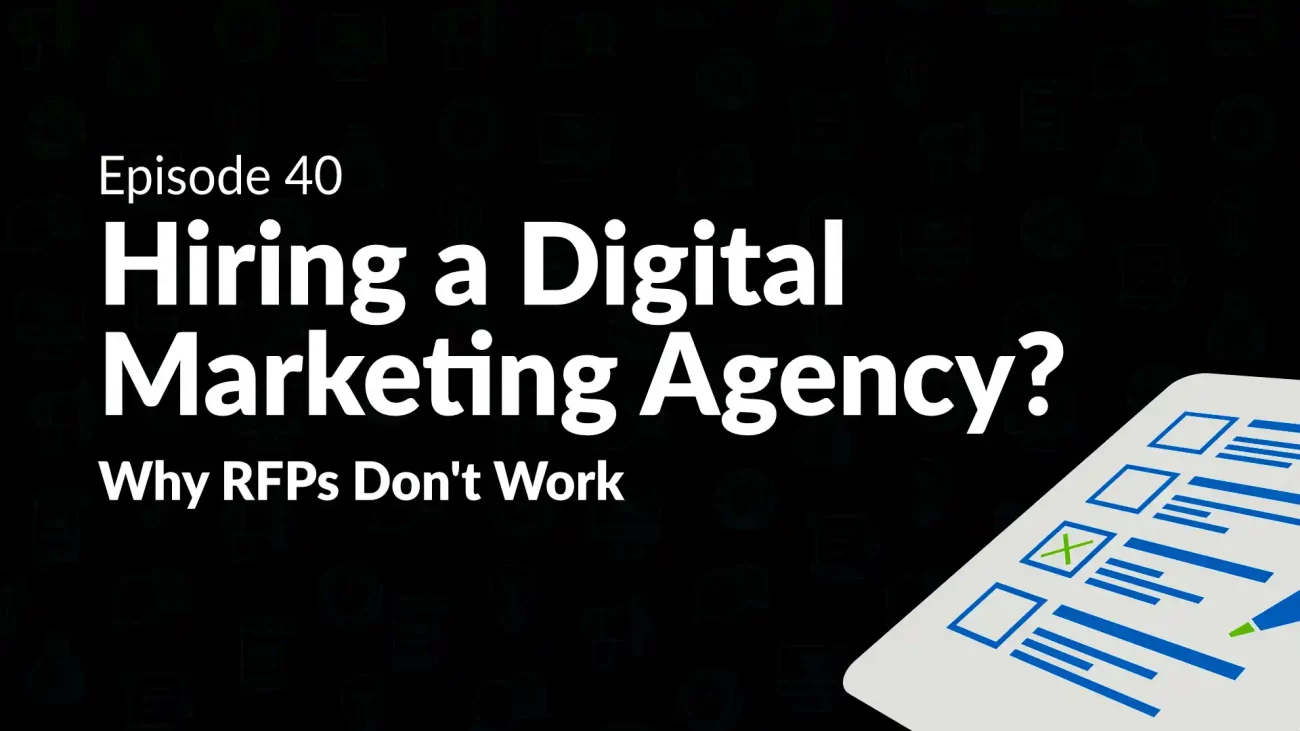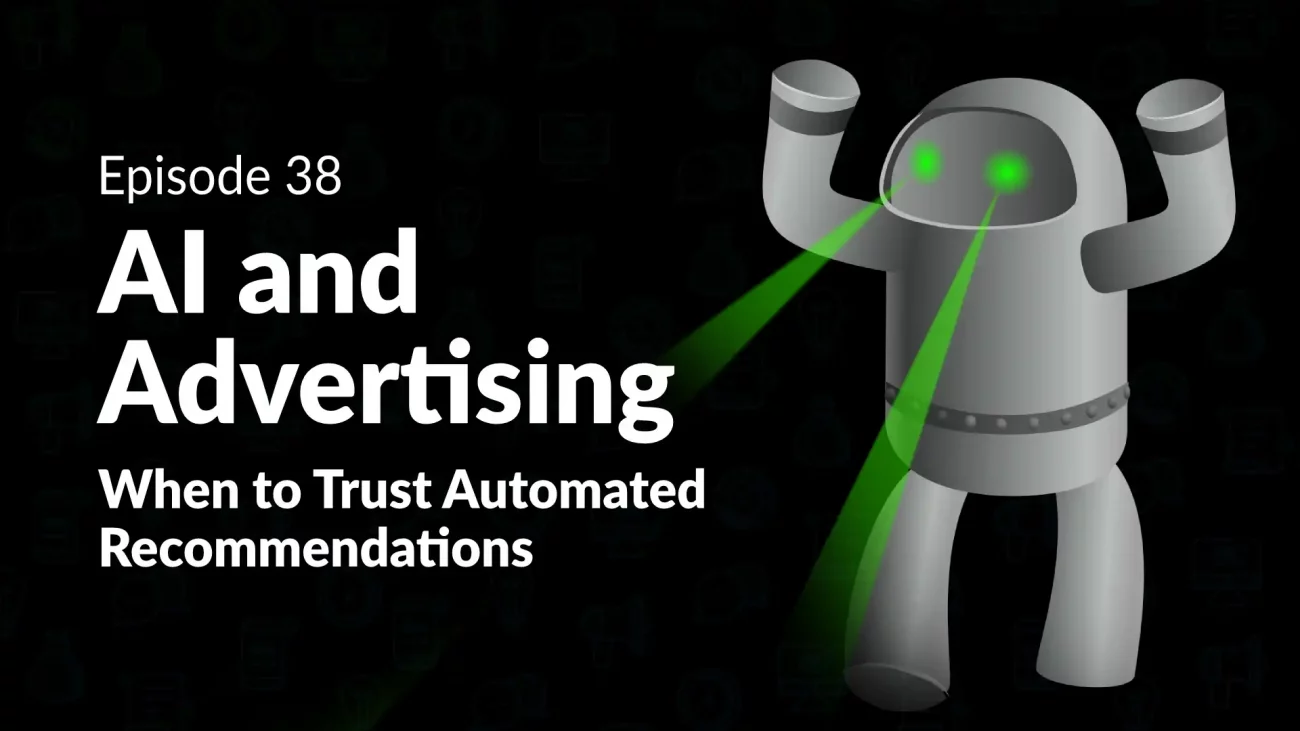Episode 24: Goodbye Universal Analytics: Google is Changing Everything
Google announced this week that it will be sunsetting Universal Analytics (UA), also referred to as Google Analytics 3 (GA3), on July 1st, 2023. It will be replaced with the currently released Google Analytics 4 (GA4), which promises to change the advertising process using AI. Historically, we marketers have concluded that Google’s AI is far from perfect. In reality, the death of UA means less detailed reporting, less access to data, and more reliance on Google for insights. This slap in the face from Google also comes with an expiration date for all UA implementations of analytics. Starting July 1st, 2023, no further data will be collected from GA3 accounts, including page hits. This forced change to the new platform will reverberate through many online industries.
In this week’s Digital Marketing Mondays, Hans and Devin discuss this major change in depth and outline some high-priority tasks you’ll want to complete before Universal Analytics is retired.
Transcription:
Devin:
You’re listening to Digital Marketing Mondays. Each week, we bring you new and exciting content from around the marketing industry and help give you, the marketer, insights into what’s happening. We’ll offer our advice and share some takeaways to help you to develop better strategies for your marketing. Ideally, this will also help you improve your ROI as well. So, with that, let’s tune into this week’s episode.
Hans:
All right, Devin. So, I’ve heard some noise coming from Google over the last day or two about Google Analytics. Can you tell us what is going on there?
Devin:
Yeah. So, this would be classified as hot breaking news, for sure. As of March 14th, 2022, Google has announced that they are officially sun-setting Universal Analytics, otherwise known as GA3 on July 1st, 2023. To clarify what that means is, you will still be able to access your data from your existing Google Analytics 3 or Universal Analytics properties, but they will stop processing hits to those properties on July 1st of 2023. What that really means, to cut through the red tape there, it means that your existing properties that you likely have set up are no longer going to be useful as of July 1st, essentially.
Hans:
Wow, that’s pretty exciting news. Google Analytics four is out there already, so people can start acquainting themselves with it. I’m aware that you can run both Universal Analytics, which is Google Analytics 3, and Google Analytics 4 in parallel. Have you looked at Google Analytics 4 at all? Do you have any inklings as to what the differences are going to be? What are we looking at here?
Devin:
Yeah. The big claim to fame for GA4 is that Google will be running more AI in the background. And what they’ve essentially tried to do is streamline or remove a lot of the reporting from GA3 and provide really what they consider to be the most important reports in GA4. The unfortunate reality, especially for us marketers though, is that a lot of those reports that we find valuable to be looking at in a granular scope or granular lens will not be available in GA4, unless you specifically export that data or go utilize that data in some other type of data reporting and visualization tool.
Devin:
So, it definitely feels like a slap in the face from Google, in terms of their official sun-setting of Universal Analytics. But I think they’re probably thinking that we’ll all get over the pain eventually and just forget about it. But I think for us marketers, this is a bit of a red flag and a warning sign from Google. And I’m glad that they gave us until July 1st of 2023, but honestly, I would’ve been much happier if they never forced GA4 upon us at all. So, I’m a little disgruntled or upset about this announcement from them.
Hans:
So, you’re not a big fan. So, it sounds like there could be a couple things going on behind the scenes here. One could be, I guess, Google bowing to pressure about privacy, because it sounds like they’re going to deprecate the ability of marketers to observe the behavior of individuals. It’ll be more aggregated data, is that correct?
Devin:
Mm-hmm (affirmative).
Hans:
So, that’s one thing. The other thing it might do is make it more difficult for people to use Google Analytics in terms of tracking the results from other ad platforms than Google itself. So, that’s another potential motivation here. I don’t know, do you think that plays into it?
Devin:
I don’t think so as much. I think what their claim to fame though, is that it’s using AI to help create more alert and awareness type information that supposedly cuts out the legwork, so to speak, of analytics gurus, or folks that actually look at data and analyze it. They’re trying to say that the AI will be sophisticated enough to report on that somewhat in real time. But I think as we all know, Google’s AI is far from perfect or foolproof, so there’s certainly probably a lot more work there to do. So, I think the biggest takeaway coming out of this announcement though, is that there’s a lot of folks that are going to need to prioritize making sure GA4 is set up accurately and that it’s running in parallel in the meantime.
Hans:
I might modify that by saying that Google’s AI, that they expose to outsiders is maybe lacking, whereas the stuff that they have access to might not be lacking, but we don’t have access to it, so we’ll never know, right?
Devin:
Yeah. Yeah, exactly. It’s amazing how that system works and that they get to keep all the data, but they don’t give us mere mortals the opportunity to see it.
Hans:
Okay. So, just for our listeners out there, it sounds like we’re going to be gathering some more data. As it appears, it’s still very early, but we’ll actually be releasing a blog post shortly on our website about the differences between Google Analytics 3 and 4, and include some recommendations about what you should do in the meantime. And the good news is, like you said, we have till July 1, 2023, but you definitely don’t want to wait till then to decide what to do. And you want to probably put some measures in place now to start capturing data, archiving things, and preparing yourself so that when the transition comes, you will be ready. So, if you need to know when that blog post is released, you can go to the Market Vantage website and sign up for our newsletter and you’ll be the first to know, okay? Thanks, Devin. Interesting topic. Let’s keep this one short. It’s breaking news, like to get that out here as soon as possible. So, thanks for tipping us off.
Devin:
Absolutely, thank you. Thank you so much for tuning in. We really appreciate you taking the time out of your busy day to engage with our content. Whether you’re watching on YouTube or subscribed on our podcast apps, we appreciate you taking the time. Make sure to leave a comment down below and let us know any feedback that you have for us. We’re always watching the comments and engaging in any way that we can. So, if you find this content useful, also make sure to subscribe or give it a big thumbs up. We appreciate it. Thanks so much.









